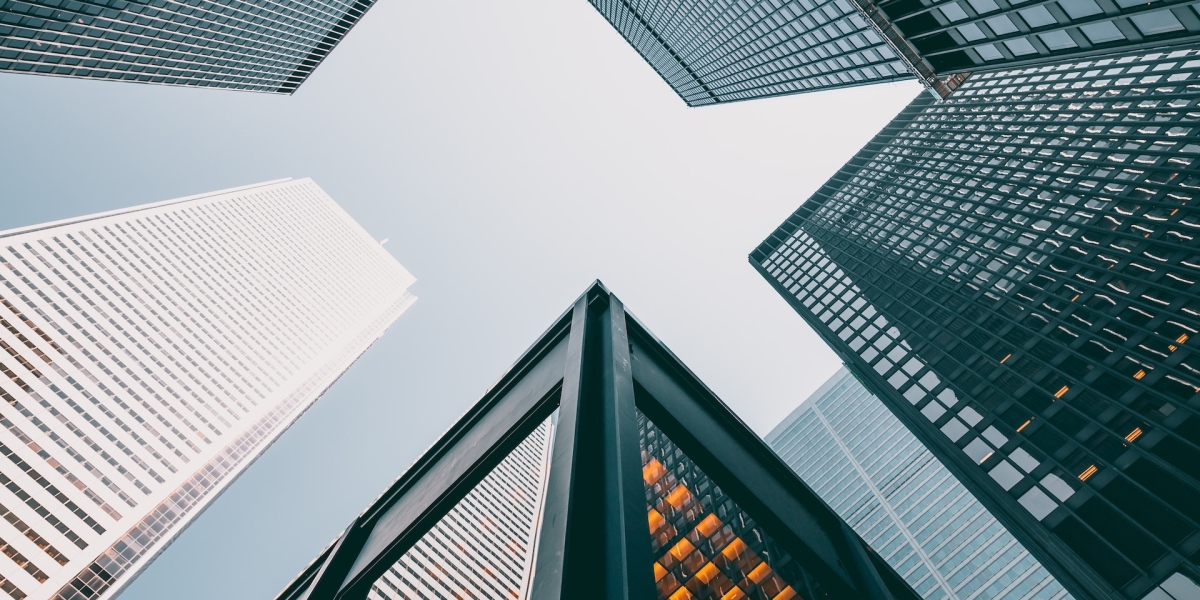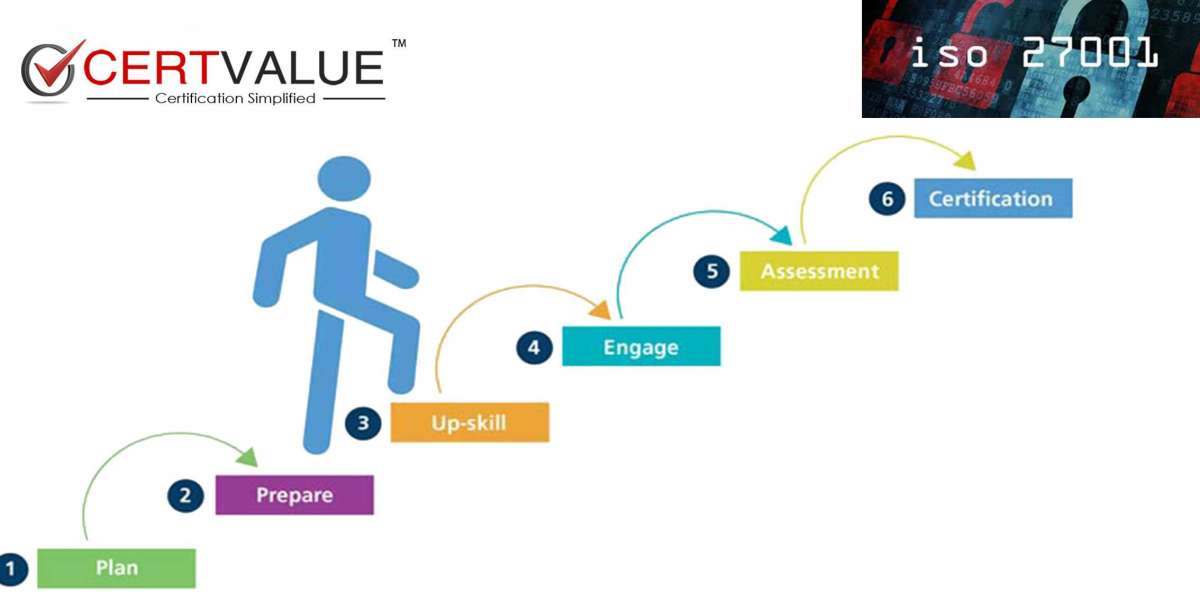In the world of traditional investments, barriers such as high entry costs, limited liquidity, and geographic restrictions have long prevented many individuals from participating fully. However, the advent of blockchain technology and the rise of Real World Asset (RWA) tokenization are revolutionizing this landscape. RWA tokenization promises to democratize access to investments by leveraging the benefits of blockchain to tokenize real-world assets, making them more accessible and liquid than ever before.
Understanding RWA Tokenization
Real World Asset (RWA) tokenization involves converting ownership rights of physical assets, such as real estate, commodities, or even fine art, into digital tokens on a blockchain. These tokens represent fractional ownership in the underlying asset, allowing investors to buy, sell, or trade fractions of assets that were previously illiquid or inaccessible.
Benefits of RWA Tokenization
Increased Liquidity and Fractional Ownership
One of the primary advantages of RWA tokenization is the enhanced liquidity it offers compared to traditional asset ownership. By tokenizing assets, fractional ownership becomes possible, enabling investors to buy and sell smaller portions of high-value assets. This opens up investment opportunities to a broader range of individuals who may not have had the capital to invest in entire assets previously.
Lower Barriers to Entry
RWA tokenization lowers barriers to entry by reducing minimum investment thresholds and allowing investors of all sizes to participate in markets traditionally dominated by large institutions. This democratization of access enables more people worldwide to diversify their portfolios and potentially earn returns from previously inaccessible asset classes.
Global Accessibility and 24/7 Trading
Blockchain-based RWA tokens facilitate global accessibility and enable trading 24/7, unlike traditional markets that operate within specific hours. This accessibility not only increases market efficiency but also allows investors from different time zones and regions to participate in asset trading at their convenience.
Technology Behind RWA Tokenization
Blockchain and Smart Contracts
Blockchain technology underpins RWA tokenization by providing a secure and transparent ledger for recording ownership and transactions. Smart contracts, self-executing contracts with predefined rules, automate processes such as dividend distribution, asset transfer, and compliance enforcement, ensuring trust and efficiency in RWA token transactions.
Compliance and Regulatory Considerations
Despite its transformative potential, RWA tokenization faces regulatory challenges and compliance requirements that vary across jurisdictions. Issues such as investor protection, anti-money laundering (AML) regulations, and securities laws must be addressed to ensure legal certainty and investor confidence in the burgeoning market.
Case Studies and Examples
Successful Implementations
Several initiatives have successfully implemented RWA tokenization across different industries. For example, platforms have emerged to tokenize real estate properties, allowing investors to own fractions of prestigious commercial buildings or residential complexes. Similarly, artwork and collectibles can be tokenized, enabling broader participation in the art market.
Impact on Various Industries
RWA tokenization is disrupting industries beyond real estate and art, including commodities trading, venture capital funding, and intellectual property licensing. By digitizing ownership and streamlining transactions, RWA tokens offer new opportunities for asset owners and investors alike to optimize capital deployment and enhance market efficiency.
Challenges and Risks
Regulatory Challenges and Compliance Issues
The regulatory landscape for RWA tokenization is evolving and varies significantly across jurisdictions. Regulatory clarity is crucial to mitigate risks related to investor protection, fraud prevention, and legal compliance, ensuring the sustainable growth of the tokenization market.
Market Volatility and Liquidity Risks
Like any investment market, RWA tokenization is susceptible to market volatility and liquidity risks. The fluctuating demand for tokens and the underlying assets can impact token prices and liquidity, influencing investor decisions and market stability.
Perception and Trust in Digital Assets
Overcoming skepticism and building trust in digital assets remains a challenge for RWA tokenization. Education about blockchain technology, transparency in asset-backed token offerings, and effective governance mechanisms are essential to instill confidence in investors and stakeholders.
Future Trends and Opportunities
Growth of the RWA Tokenization Market
The RWA tokenization market is poised for significant growth as technological advancements, regulatory frameworks, and investor awareness continue to evolve. The integration of decentralized finance (DeFi) platforms and innovations in token standards (such as Non-Fungible Tokens or NFTs) are expected to further expand the use cases and adoption of RWA tokens.
Integration with DeFi Platforms
The intersection of RWA tokenization with DeFi platforms presents opportunities to enhance liquidity pools, automate asset management through decentralized protocols, and unlock new financial products and services. These innovations have the potential to democratize finance further by decentralizing traditional financial intermediaries and reducing transaction costs.
Innovations in Tokenization Technology
Technological advancements, such as hybrid tokens combining features of fungible and non-fungible tokens, are pushing the boundaries of RWA tokenization. These innovations offer customizable solutions for diverse asset classes and investor preferences, fostering a more inclusive and dynamic investment ecosystem.
Conclusion
Democratizing Investments Through RWA Tokenization
In conclusion, Real World Asset (RWA) tokenization represents a paradigm shift in the investment landscape, democratizing access to traditionally exclusive asset classes and markets. By leveraging blockchain technology, RWA tokenization enhances liquidity, reduces barriers to entry, and introduces new levels of transparency and efficiency to global financial markets. As regulatory frameworks mature and technological innovations continue to unfold, the future of RWA tokenization holds immense promise for investors seeking to diversify their portfolios and participate in the next evolution of finance.









